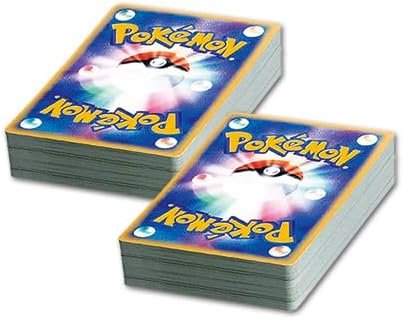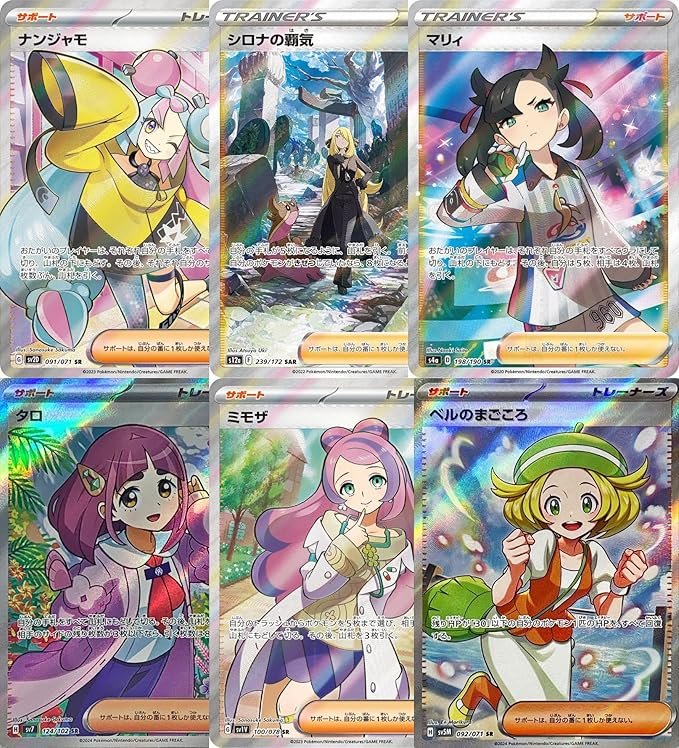Why Card Games Are Popular in Japan
2025-10-16
Japan has a deep and fascinating culture around card games, ranging from trading card games (TCGs) like Yu-Gi-Oh! and Pokémon to traditional games like Hanafuda. But why are card games so popular here?
1. Cultural Roots and Tradition
Card games have been part of Japanese culture for centuries. Hanafuda cards, developed in the 16th century, were originally used for gambling and social gatherings. Today, even modern TCGs are seen as a continuation of this traditional love for strategy, pattern recognition, and collection.
2. Collecting and Competition
Japanese players enjoy collecting rare cards, completing sets, and participating in tournaments. This taps into a cultural appreciation for completionism and mastery, which is seen in other hobbies like manga collecting, model kits, and anime merchandise.

3. Community and Social Events
Card games are more than just a hobby—they're a social activity. Game stores and community centers host weekly tournaments, casual meetups, and league matches. For many Japanese teens and young adults, these events are a chance to make friends and show off their skills.
4. Media Influence
Popular anime and manga have significantly boosted card game popularity. Series like Yu-Gi-Oh! and Cardfight!! Vanguard blend storytelling with gameplay, making cards feel like a magical extension of the story. This media tie-in encourages both playing and collecting.

5. Accessibility and Variety
From digital versions on smartphones to inexpensive starter packs in stores, card games are highly accessible. There’s something for everyone, whether you prefer casual play, competitive strategy, or storytelling immersion.
Conclusion
Card games in Japan are more than just a pastime—they are a blend of tradition, competition, community, and media-driven excitement. Whether it’s collecting Hanafuda or competing in a Pokémon TCG tournament, these games reflect the Japanese love for structured fun, skill mastery, and social connection.
Want to dive deeper? Check out our next post about board games and tabletop culture in Japan.
📖 More Articles

Exploring Kobe Port: Japan's Harbor Gem
Discover Kobe Port's iconic landmarks, scenic views, and practical tips for visiting this beautiful harbor city in Japan.

Sanae Takaichi: Japan’s First Female Prime Minister Breaks Political Barriers
Sanae Takaichi becomes Japan’s first female Prime Minister — marking a historic shift in Japanese politics and gender equality.

Japanese Actress Takahashi Tomoko Dies in Tokyo Accident — Fans Mourn Star of “Emergency Interrogation Room”
Takahashi Tomoko, known for her role in TV Asahi’s 'Emergency Interrogation Room', died after a traffic accident in Nerima Ward, Tokyo. Fans and colleagues expressed shock and grief.